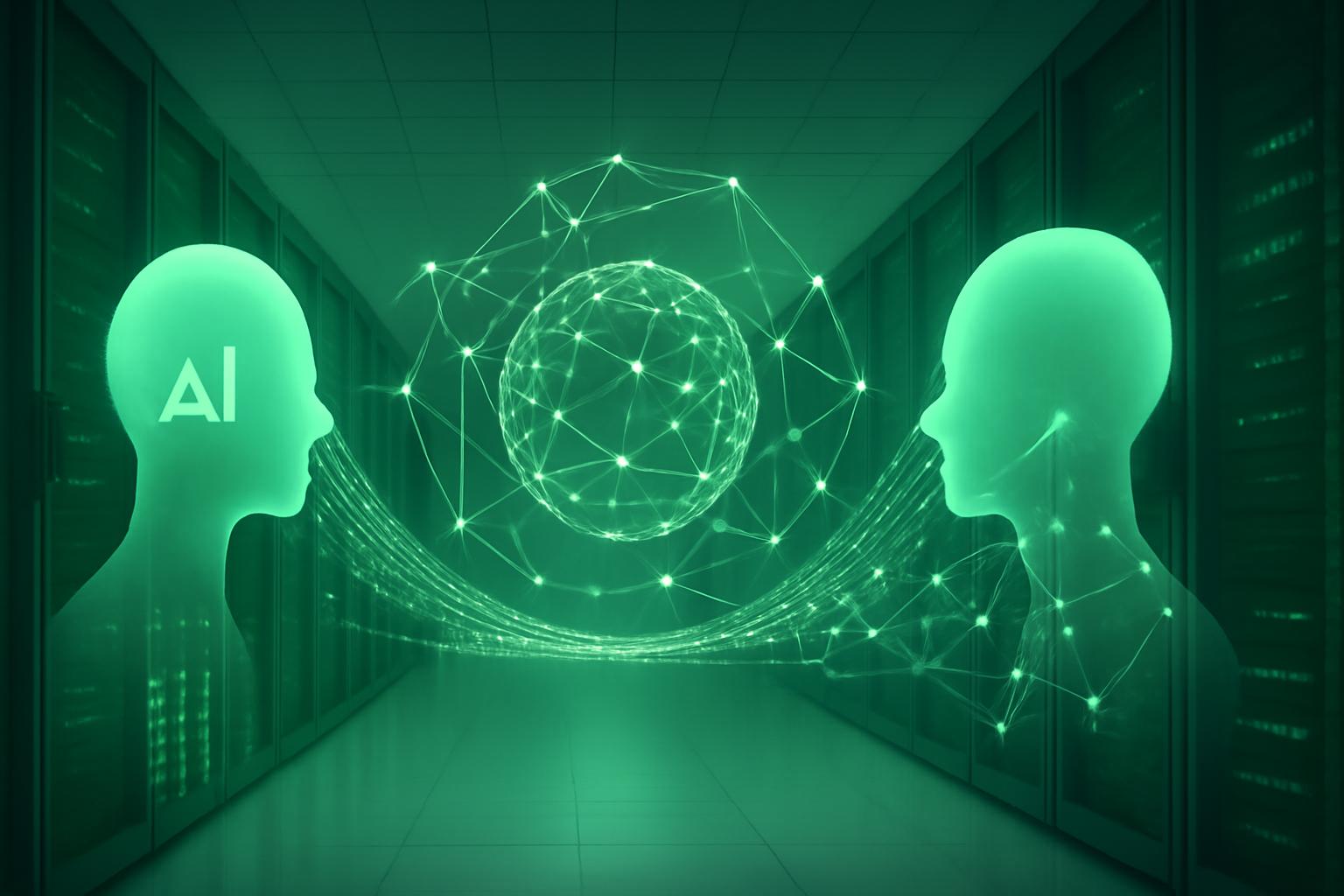Google Data Commons MCP Server Launch
Google has unveiled the Data Commons Model Context Protocol (MCP) Server, a new platform that allows developers, data scientists, and AI agents to access real-world public data through natural language queries. This innovation is set to improve AI training pipelines by providing structured, verified data sources, thereby reducing the prevalence of AI hallucinations caused by noisy or unverified data.
Background on Data Commons
Originally launched in 2018, Google’s Data Commons aggregates public datasets from diverse origins including government surveys, local administrative records, and international organizations such as the United Nations. Until now, accessing this extensive resource required specialized knowledge of APIs and data structures. The introduction of the MCP Server changes this dynamic by enabling natural language access to the data, allowing AI systems to query and integrate reliable statistics seamlessly within their workflows.
Addressing AI Hallucinations
AI models frequently rely on unverified web data that can be noisy and incomplete. This often leads to hallucinations—where AI generates plausible but inaccurate information. Google’s MCP Server aims to mitigate this by grounding AI outputs in verified, structured data sources from the Data Commons.
“The Model Context Protocol is letting us use the intelligence of the large language model to pick the right data at the right time, without having to understand how we model the data, how our API works,” stated Prem Ramaswami, head of Google Data Commons.
MCP Standard and Industry Adoption
The Model Context Protocol (MCP) was first introduced by Anthropic in late 2024 as an open industry standard. MCP enables AI systems to access and interpret data from diverse sources including business software, content libraries, and development environments. Since its inception, major technology firms such as OpenAI, Microsoft, and Google have embraced MCP to enhance AI model integration with external data sources, promoting interoperability and contextual accuracy.
Google Partners with ONE Campaign to Launch Data Agent
In a strategic collaboration, Google partnered with the ONE Campaign, a nonprofit dedicated to advancing economic and public health outcomes in Africa. Together, they launched the ONE Data Agent, an AI tool powered by the MCP Server that delivers tens of millions of financial and health data points in accessible, plain language. This partnership originated when the ONE Campaign developed a prototype MCP implementation on its own server, prompting Google to build a dedicated MCP Server in May 2025 to scale the solution.
The Data Commons MCP Server is openly accessible and compatible with any large language model (LLM). Google offers multiple integration options for developers, including:
- Agent Development Kit (ADK) with a sample agent available in a Colab notebook
- Direct server access via the Gemini Command Line Interface (CLI)
- Compatibility with any MCP-enabled client through the PyPI package
- Comprehensive example code hosted on GitHub
FinOracleAI — Market View
Google’s release of the Data Commons MCP Server marks a significant advancement in AI data accessibility, addressing critical challenges surrounding data quality and contextual grounding in AI models. By enabling natural language access to verified public datasets, this platform enhances AI reliability and supports more precise fine-tuning across industries.
- Opportunities: Enhanced AI model accuracy through access to high-quality, structured data; increased adoption of the MCP standard fostering cross-industry interoperability; expanded AI applications in public health, economics, and climate analytics.
- Risks: Potential data privacy and governance challenges as public datasets integrate with AI; dependency on open data quality and update frequency; technical adoption barriers for smaller developers despite provided tools.
Impact: This initiative strengthens AI model grounding in factual data, reducing hallucination risks and improving trustworthiness, which is expected to have a positive market impact across AI-dependent sectors.













